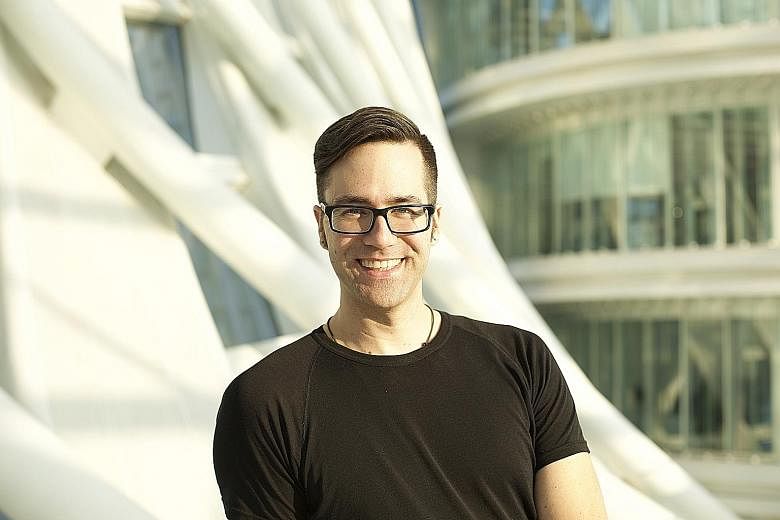American hacker Josh Klein's first hack came at the age of seven, when he tried to negotiate with the tooth fairy.
After discovering that children received different amounts of money, he wrapped a note around his tooth saying that due to inflation, the price of a tooth had gone up to a dollar.
He cannot remember how much his parents gave him, though.
With a chuckle, he tells The Straits Times in a telephone interview from New York, where he is based: "That was the beginning of my journey in hacking."
The 41-year-old, however, is no cyber criminal, the negative image commonly associated with a hacker.
The closest resemblance he has to the unsavoury hacker types is his choice of a black round-neck T-shirt for his daily wear.
A fervent hacker of everything from computer networks to social systems to animal behaviour, Klein has worked with large corporations such as tech giants Microsoft and Oracle as well as start-ups.
He examines and reworks systems in order to offer better solutions.
"My approach is that the world is made up of systems and the better you understand them, the more you can find ways to leverage them to get extraordinary results," he explains.
He applies this philosophy to his daily life and conducts little projects, such as finding out whether he actually needs coffee to be productive (the answer is no).
Other than working with companies, Klein has also published three books, delivered a TED talk and spoken at the annual World Economic Forum.
His latest venture is hosting the three-part documentary series, Smart China, by Discovery Channel, which takes a closer look at China as it transforms from the world's biggest factory to a world-class innovator of new products and technologies.
The final episode will air tonight at 10.40pm on Discovery Channel (StarHub TV Channel 422 or Singtel Channel 202).
After hearing and reading about how China was pioneering new technologies and methods, Klein wanted to see these innovations for himself.
"Before I got there - and I think a lot of people suffer from this - I had the impression that China has a lot of factories churning out cheap copies of something that someone somewhere else created," he says.
He was instead "blown away" by the vast number of innovations and investments being injected into various types of projects.
One example are trams that run on supercharged capacitors. The vehicles are capable of travelling almost 10km on just 10 seconds of charge.
Klein says: "These trams could start making rail traffic available in more urban areas and help ease the gridlock issues there, and in other parts of the world."
Along with the filmcrew, he travelled to seven cities, including Beijing, Shanghai, Harbin and Guangzhou, for more than a month.
Another project he witnessed involves the conversion of coal into a green power source.
"It's heartening to see how one of the global powerhouses is responding to the various challenges... and really hustling," he says.

